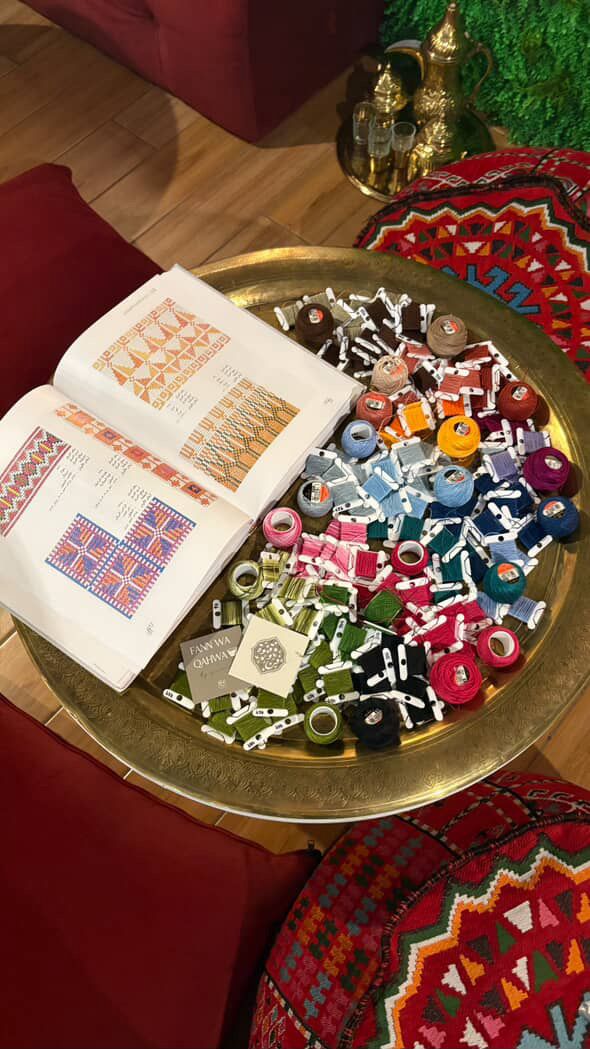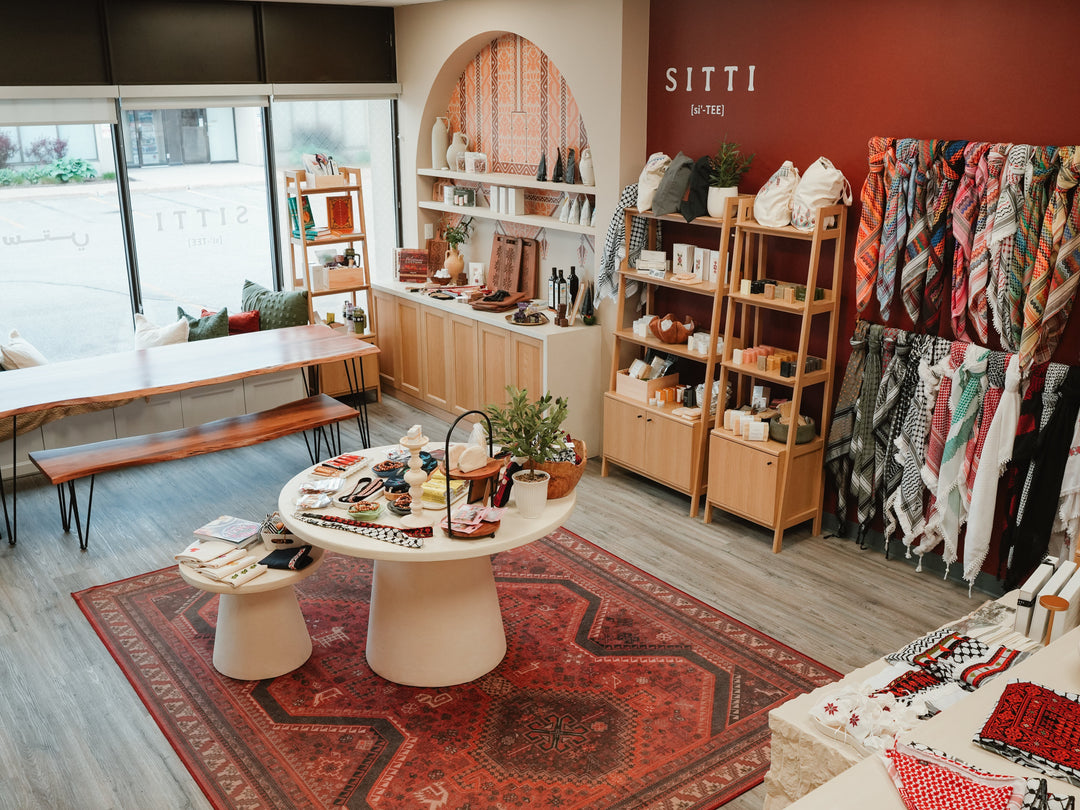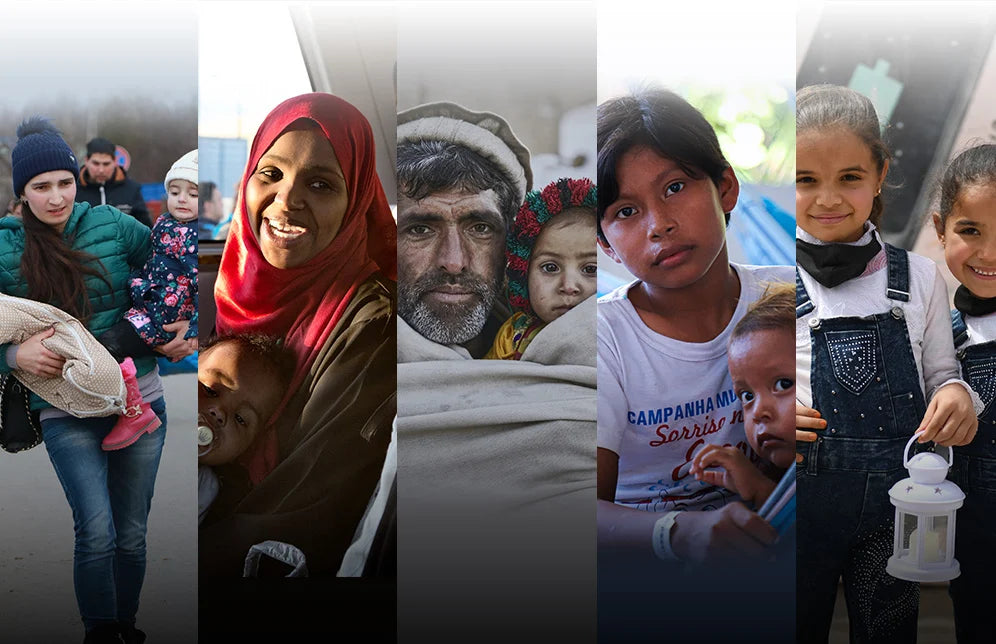What Does a Pandemic Mean on World Refugee Day?

This World Refugee Day, Sitti Social Enterprise is celebrating the strength, courage and resilience of the millions of refugees in all corners of the globe.
This year, the world will also mark the 70th anniversary of the 1951 Refugee Convention adopted by the United Nations. With the large influx of migration in the aftermath of World War II, this multilateral treaty puts in place a system that outlines the rights of refugees and the legal obligations of State parties to protect them. The 1967 Protocol broadens the parameters removing the geographical and time limits that were part of the original 1951 Convention.
Refugees are amongst the most vulnerable people in the world. Often fleeing war, persecution, poverty and natural disasters, the Refugee Convention solidified a global response to the refugee crisis. Refugees were now given a legal definition and protected under international law. This Convention also introduced a core principle of non-refoulement (from the French word refouler meaning “to turn away”), which states that a refugee shall not be returned to a country where he or she would face serious threats to his or her life or freedom.
With imposed travel restrictions due to the pandemic, staying at home is not an option for people fleeing violence and persecution. With the necessary lockdowns, travel bans, physical distancing and border closures, refugees and asylum seekers are often turned away, left stranded, deported and/or forced into unsanitary and overcrowded camps. Although it is understandable that countries will take extra measures to limit the spread of the virus, access to asylum and protection procedures can still be achieved despite such restrictions. The sobering numbers are now statistically at their highest on record. By mid-2020 80 million people were displaced worldwide as a result of conflict, persecution, human rights violations and violence.

Despite the global lockdown due to Covid-19, organizations like UNHCR (United Nations High Commissioner for Refugees) also known as the UN Refugee Agency, have worked tirelessly to continue their efforts to reach refugees who need help now more than ever. Due to the coronavirus outbreak, the UNHCR has responded by providing life-saving support such as boosting water and sanitation facilities, increasing access to public health and hygiene as well as airlifting emergency supplies and establishing isolation units. Not only are they providing critical emergency assistance in the form of clean water, sanitation, healthcare, education and shelter, the UNHCR has been a loud supporter for the COVAX initiative, a worldwide effort to provide COVID-19 vaccines to developing nations. With the world’s wealthiest countries producing and vaccinating their own citizens, poorer countries continue to suffer a humanitarian catastrophe with no access to vaccines to stop the spread of the virus. The hard truth remains that no economy will recover unless other economies also recover, which is why the COVAX initiative is a critical step in getting the global pandemic under control. As the UN High Commissioner for Refugees Filippo Grandi stated, “If ever we needed reminding that we live in an interconnected world, the novel coronavirus has brought that home.”
Another important organization dedicated to helping the lives of refugees is the UNRWA (The United Nations Relief and Works Agency for Palestine Refugees in the Near East) that supports the relief and human development of Palestinian refugees. Established in 1949 after the Arab-Israeli conflict by the UN General Assembly, they have continued to provide assistance and protection for some 5.6 million registered Palestine refugees to help them achieve their full potential in human development. The Agency is funded almost entirely by UN Member States and continues its services providing education, healthcare, relief and social services, camp infrastructure and improvement, microfinance and emergency assistance.
Similar to the UNRWA and UNHCR, the groundwork of Sitti also began with an ethical duty to work with the vulnerable and disadvantaged. We are committed to the self-reliance of refugees and displaced communities through providing long-term employment opportunities and skill development training. To further empower the refugee women from Jerash Camp, we equip them with the tools and skills to generate income to become self-sufficient and active members of their communities.

It is easy to feel powerless in responding to a global refugee crisis, but you can still help. This World Refugee Day, Sitti’s surprise subscription boxes are a great way to directly impact the lives of Palestinian refugees by building sustainable, long-term income through your purchase. Each box is filled with ethically-driven lifestyle and wellness brands, including Sitti’s signature handmade olive oil soap bars and dishes made entirely by refugee women and men in Jerash Camp in Jordan.
If you are looking for other ways to build awareness, we hope you find time to read the resources linked in this blog post, and share this with friends and colleagues to help get the message across. You can also make a donation to causes that support the livelihoods and self-reliance of refugees.
In the wake of Covid-19, let us take action, celebrate our shared humanity and build bridges over the trenches of fear and division to promote healing and inclusion.


About the Author: Mariam Tokhy is a Contributing Writer for Sitti Social Enterprise. She is a graduate of York University majoring in English literature and broadcast journalism from Seneca College. She is passionate about various social causes that advocate for the protection of human rights, the environment and wildlife conservation.





Leave a comment